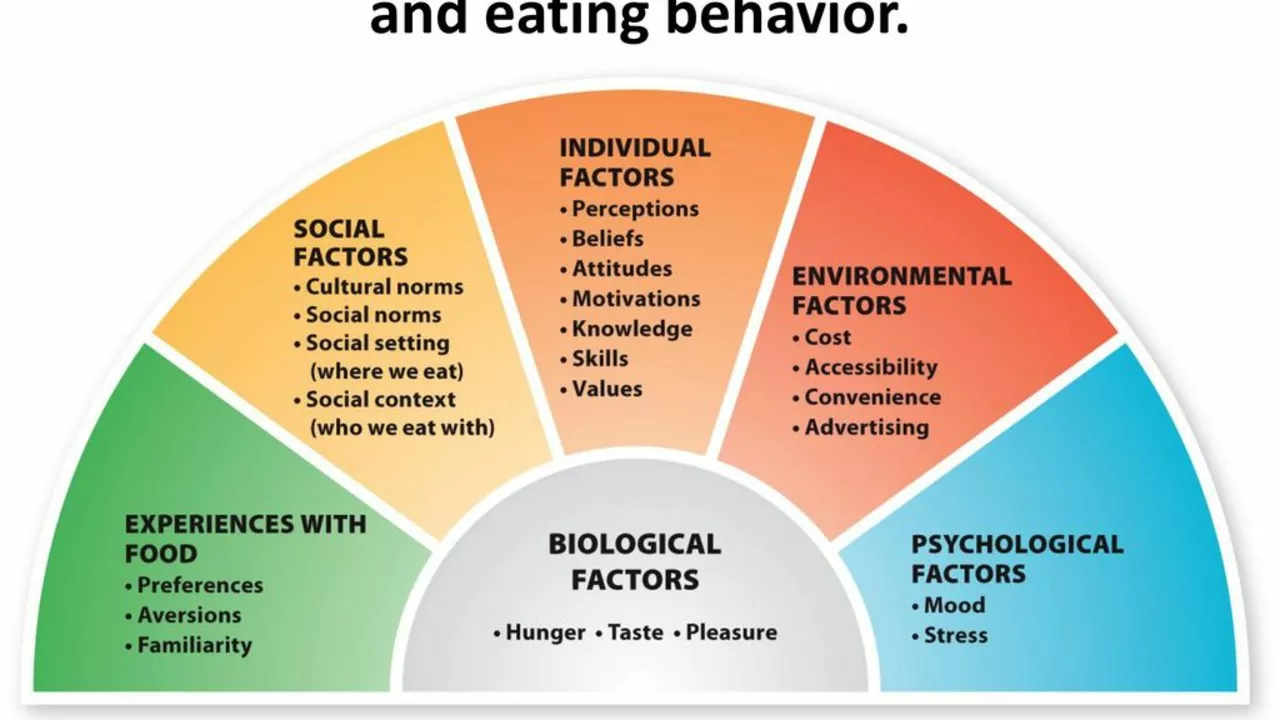July 2023: Quick Highlights from Our Education Blog
July was a busy month on the blog. We tackled everything from how study abroad consultants earn their fees to the real traits that make special‑education teachers shine. If you’re curious about education costs, system structures, or inclusive classroom options, you’ll find a handy snapshot below.
Money Moves in Education
The first post broke down the cash flow behind foreign education consultants. In plain terms, consultants charge service fees for advice, applications, and visa help. They also get commission from partner universities for each student they send overseas. Think of it as a two‑sided payment model: you pay for expertise, and the consultant earns a cut from the school.
Switching continents, we looked at Indian education loans. The key take‑aways: interest rates hover between 9%‑15%, repayment usually stretches 5‑7 years after the course ends, and loan amounts range from ₹4 lakhs to ₹20 lakhs. Bigger loans often need collateral, especially above ₹7.5 lakhs. Knowing these figures up front helps you avoid surprise costs later.
People and Systems
Special‑education teachers were the star of two posts. One highlighted the personality traits that set them apart – patience, empathy, creativity, and resilience. These teachers adapt lessons on the fly, turning challenges into learning moments. The other post answered a common question: can special‑education students join honors classes? The answer is yes, provided they get the right support and accommodations. Individual assessment is key; when the fit is right, students can thrive in more demanding coursework.
We also dove into the U.S. education landscape. One article asked whether the system favors the wealthy. The short answer: affluent neighborhoods often enjoy better‑funded schools, and college prep can be pricey, creating an advantage for those with deep pockets. However, scholarships and financial aid exist to level the playing field.
Another piece outlined how the U.S. system is split: elementary, secondary, and post‑secondary levels, each managed by states rather than the federal government. Within those tiers you’ll find public, private, and homeschooling options, plus specialized tracks for gifted, disabled, or vocational students. This layered structure offers flexibility but can also be confusing for newcomers.
All these posts share a common thread – practical insight. Whether you’re a student planning to study abroad, a parent weighing loan options, or an educator seeking inclusive strategies, the July archive gives you bite‑size, actionable info. Grab the points that matter most, apply them to your situation, and move forward with confidence.
How do foreign education consultants make money?
Well folks, buckle up for an adventurous ride down the financial lane of foreign education consultants, those wizards who turn your overseas study dreams into reality! Our friends in this business make their dough by charging service fees for their expert advice, application assistance and visa guidance. They also strike gold by partnering with universities abroad, who reward them with a juicy commission for each student they send their way. So, it's like a double jackpot! They are like Santa, but instead of gifts, they deliver education and in return, they get a good stash of cookies (money)!
VIEW MOREWhat personality traits do special education teachers have?
Well, folks, the special education teachers I know are a unique breed - they're like superheroes without capes! They're brimming with patience, because hey, Rome wasn't built in a day, right? Empathy is their middle name, understanding and relating to each student's unique challenges. Their creativity is off the charts, always finding new ways to teach and inspire. And let's not forget resilience, bouncing back from any setback with a grin that says, "Bring it on!" So, hats off to these remarkable individuals!
VIEW MOREIs the U.S. educational system designed to benefit the rich?
In exploring the topic "Is the U.S. educational system designed to benefit the rich?", it's clear that wealth can have a significant impact on the quality of education one receives. The fact is, affluent neighborhoods often have better-funded schools, which can lead to more educational opportunities. The college admission process, too, seems to favor those who can afford extensive preparation. The system, unintentionally or not, often affords advantages to those with financial means. However, it's crucial to remember that there are also numerous scholarship opportunities and financial aid available to support underprivileged students.
VIEW MOREHow is the US education system divided?
In the US, our education system is primarily split into three levels: elementary, secondary, and post-secondary (or higher education). These divisions are managed at a state level, not federal, giving each state the autonomy to dictate the structure and curriculum. Within these levels, there are further divisions including public, private, and homeschooling options. Additionally, there's also a distinction between regular programs and those designed for gifted students, students with disabilities, or vocational training. So, there's a lot of diversity and flexibility in our education system.
VIEW MOREWhat must one know before taking an education loan in India?
Understanding the terms before taking an education loan in India is crucial. Firstly, you should know that the interest rates vary between 9% to 15% depending on the bank. Secondly, most banks offer a repayment period of 5 to 7 years after course completion. Thirdly, the loan amount can be anywhere from 4 lakhs to 20 lakhs, depending on the course. Lastly, it's essential to know that collateral may be required for loans above 7.5 lakhs.
VIEW MORECan special education students take honors classes?
In exploring the topic of whether special education students can take honors classes, I've found that it is indeed possible and often beneficial. Every student has unique abilities and potential, and special education students are no exception. With the right support and accommodations in place, these students can excel in more challenging classes. However, it’s necessary to ensure that the student feels comfortable and is not overwhelmed. The decision should always be made on an individual basis, considering the student's strengths, needs, and interests.
VIEW MORE




